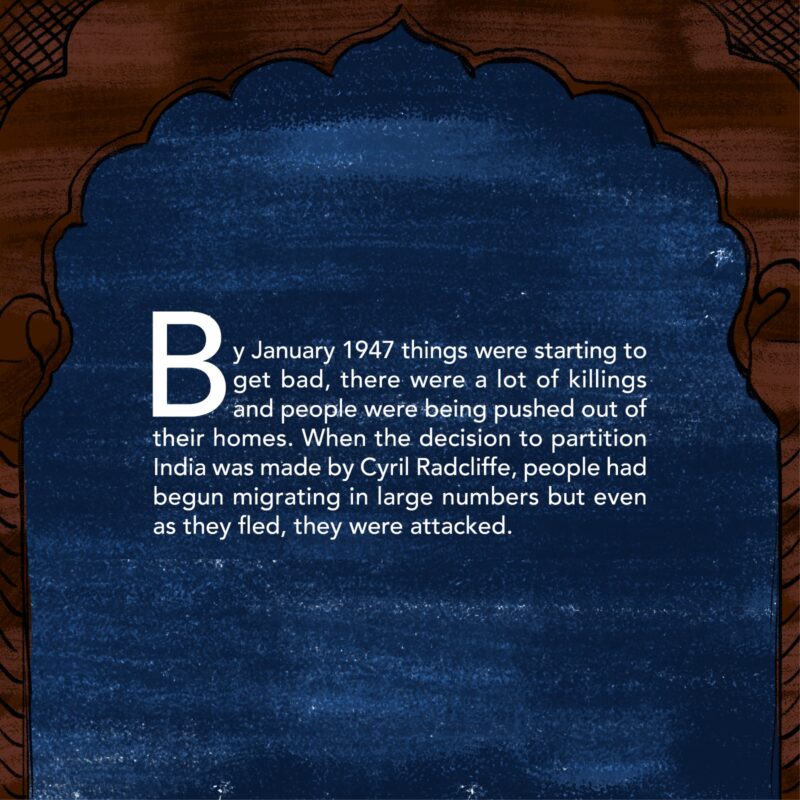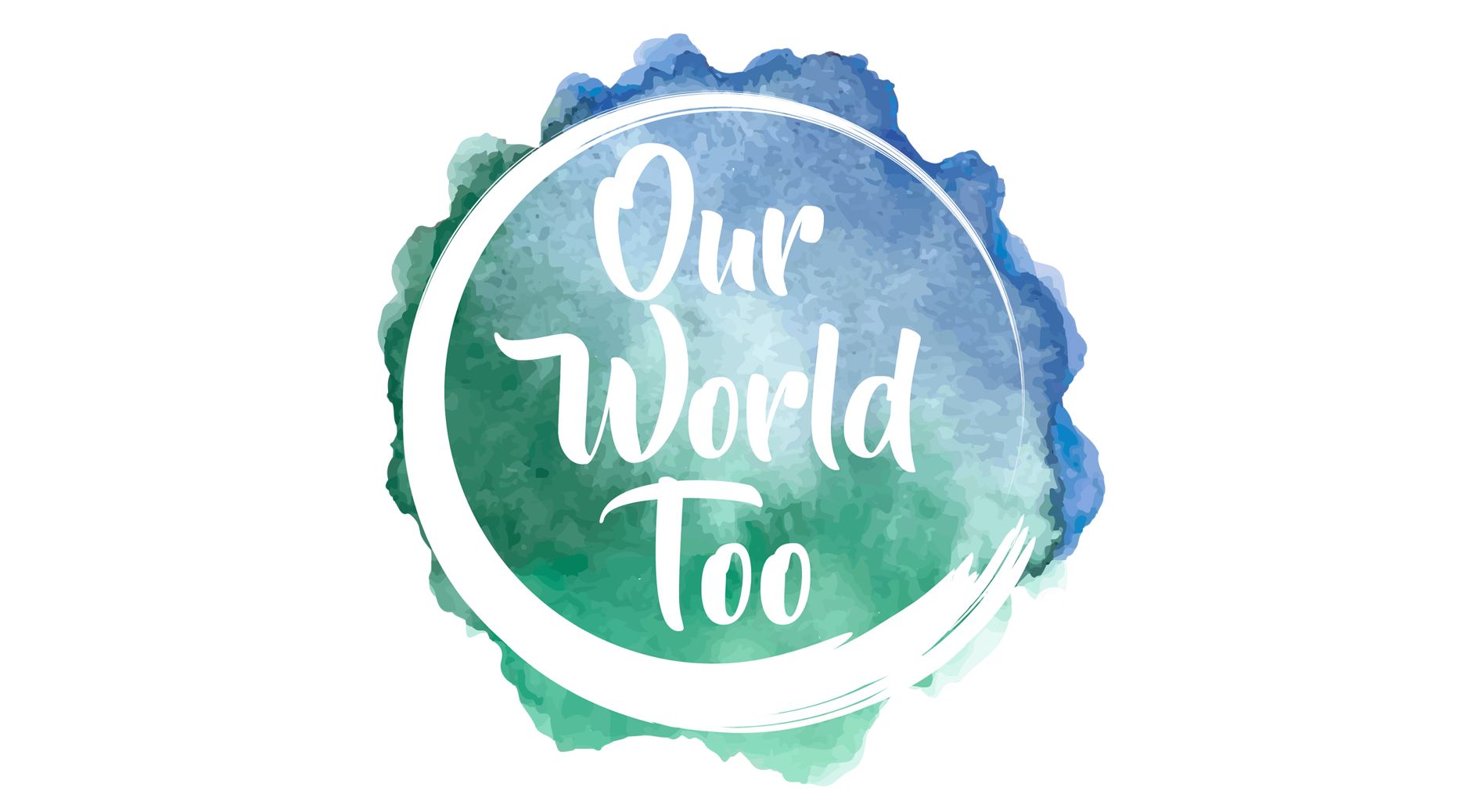Our chosen home
By January 1947 things were starting to get bad, there were a lot of killings and people were being pushed out of their homes. When the decision to partition India was made by Cyril Radcliffe, people had begun migrating in large numbers but even as they fled, they were attacked. There were many killings at the Wagah border by Sikh militias who targeted people heading towards Pakistan.
At the time, I had just started my house job in Mayo Hospital Lahore. My ancestral home was in Amritsar and my whole family was there, I was the only one in Lahore. My father worked in the municipal dispensary. The lower floors of the building where he worked was the hospital and my family lived on the upper floors.

I remember the 8th or 9th of August 1947 was a weekend and I decided to go back to Amritsar because I hadn’t been home in a few months. I took the train but when I arrived there was a curfew so I couldn’t leave the station for a few hours. I had to wait until curfew lifted to be allowed to leave. I ended up reaching home quite late because of the delays and I only managed to stay for a day before I had to return on Sunday.
By that time, all the Muslim police officers in our neighbourhood had been relieved of their duties, but as I was leaving to head to the station, I found a Muslim policeman who offered to give me a lift on his bike. At one point during our journey, there were many Hindu and Sikh police officers on the road, and they stopped us. They asked the man who had offered me a ride who he was carrying, he was alright because he was in his uniform, but I didn’t have a curfew pass, so they took me to the police station.
As soon as they took me, the Muslim police officer went back to my house and told my uncle that I had been taken to the police station. My uncle had been serving in the Department of Communications as an officer, so he had a curfew pass. He left home with a pocket full of money which he used to bribe the police officers before I was allowed to leave.
I went back to Lahore and started working in the wards but 2 days later a boy who worked in the hospital came to find me and told me my father was at the hospital and he was looking for me. When I found him, my father said it wasn’t safe in Amritsar anymore because they had been threatened by Sikhs and Hindus. They had to leave. He told me my entire family had moved outside the walled area in Amritsar and into an area called the Islamabad Housing Society just outside the city. They had been there for 2 days before they paid a lot of money to hire 2 tangas (horse drawn carts) to take them to the station.
My father mentioned there hadn’t been a curfew when they left but there had been police on the road, and they fired at my family. Luckily my family weren’t injured but Aftab, my family’s host in the housing society, was injured and his wife was killed. My father recounted when the train arrived at the station it had been so crowded, he was the only one who had managed to squeeze himself into it. My family were still waiting at the station, he had come alone to Lahore and found me.
When the evening train from Amritsar was schedule to arrive, we went to the railway station to wait for the rest of my family. Thankfully, they were unharmed. I remember there was a lot of rush at the station, but we didn’t leave straight away. My family stood around and waited. There wasn’t much space on the trains for people let alone luggage and I learnt then that my younger brothers had tied our belongings to the undercarriage. When the rush started to clear, they went to check under the train and found all the luggage was still there.
I used to live in the housing quarters at Mayo Hospital. There had been three non-Muslims living with me, but they had left and were in a camp for Hindu and Sikh people near Government College Lahore, opposite a Hindu school. The flat was only meant for a maximum for 5 people but all 35 members of my family moved into it. They gradually started looking for other accommodation but were weary of wandering the streets of Lahore for fear of being attacked.
It was disappointing to hear about partition, but we were happy to have our own country. It wasn’t an easy time though. There used to be a refugee camp in Walton, Lahore which was used to house the people who arrived from India. People there were very ill, they were treated day and night, but people were lost every day. Partition caused mass displacement and because of this some people couldn’t even be identified. The post-mortem rooms were overflowing and there were bodies on the veranda of the hospital. The smell of death was overwhelming.
My family stayed with me until the 15th of December 1947 when I finished my house job and we had to find an alternative place to go. We had relatives who were given a key from a Hindu friend for their house in Model Town, my entire family moved out of my room in the housing quarters, and we went to stay in the Model Town house.
Eventually, my father ended up getting a job in a medical dispensary in Rawalpindi and moved there with my immediate family. My extended family stayed in Model Town. This was around the 16th of January 1948 and while my family moved to Rawalpindi, I was working in Mirpur, Azad Kashmir. I left normal medical training in 1949 and joined the Pakistan Medical Corp. It was there I met Maher Amir Khan.
We had been refugees when my family left Amritsar. We were comfortable in Amritsar, but we were forced out. It was very difficult to get accommodation and it took us a long time to find somewhere to live. Initially, in Pakistan we had a hard time and moving between countries had a distinct effect on our lives and livelihoods. It was only when my father got a job in Rawalpindi that we got a house.
Our family was lucky to get accommodation, we studied, went to college, got educated and we accepted and endured the difficult times. I’m 96 years old now and when I reflect, we were lucky to be accepted with open arms in Pakistan, but it isn’t the same for refugees now. Across the world refugees are having a hard time and they can’t return home in comparison to us when even though we left India because we were forced to, Pakistan was our chosen home.
